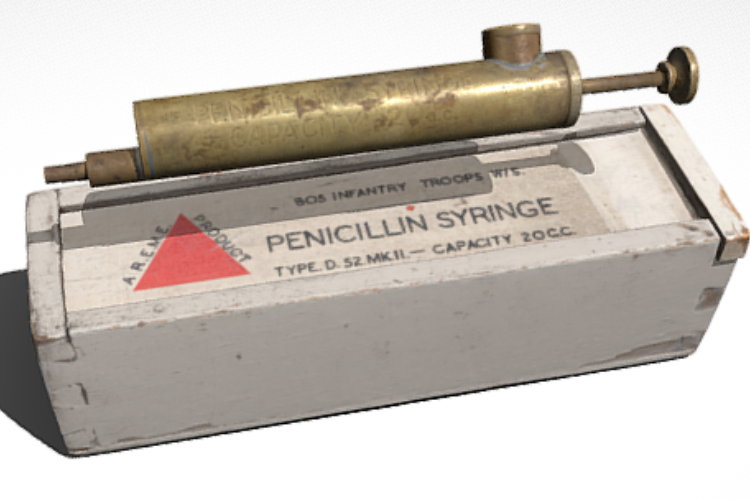
Access for All; are digital museums better?
As part of the Faculty’s marking of the University’s bicentenary, the Museum of Medicine and Health (MMH) hosted an online event chaired by Dr Harriet Palfreyman, Academic lead for the MMH and lecturer in the Centre for the History of Science, Technology and Medicine (CHSTM).
On 21 February over 50 participants were led on a virtual tour of the Instruments of Change digital exhibition, showcasing historic medical objects across 200 years of healthcare, research, and medical education in Manchester. A panel of medical historians, researchers, and digital engagement specialists then explored the merits of in-person object engagement versus digital interaction with virtual counterparts.

Speakers and discussion
As the Co-advisor in charge of the medical collections in the historical Pathological Anatomy collection at the University of Strasbourg, Dr Tricia Close-Koenig brought a unique perspective from a collection consisting of millions of pathology samples and shared her approach to object-based learning and ambitions for digitising within the sphere of medical education and research.
Drawing on his experience using MMH collection to deliver object-based sessions in his lectures, Dr Scott Midson, Programme Director for Liberal Arts, provided valuable insights into the educational benefits of digital platforms for student projects.
Jane Gallagher, Head of the Digital Special Collections and Services joined from the John Rylands Research Insititute and discussed the importance of harnessing physical collections for digital exploration. She drew attention to the Imaging department’s photogrammetry and multispectral work with collections there.
Conversation and questions enabled an exploration of themes such as accessibility, presentation of the digital in teaching and audiences. One question asked whether museums have the responsibility to provide support for difficult digital material? – as a member of staff might provide a point of contact and conversation during a physical visit or event.
The event helped showcase the emergence of digital exhibitions as a powerful engagement tool for the future of medical history education. In conclusion, a blended approach is important. Object based learning is something in focus for the MMH currently, and in March the MMH takes part in the Interdisciplinary Learning and Teaching Conference
Find out more:
- Visit our website
- Follow the museum on X/twitter: @ManMedMuseum
- Explore the Instruments of Change Digital Exhibition
- Hear how students have worked with the collection in the School of Arts, Languages and Cultures this year (2023-24): YouTube

0 Comments